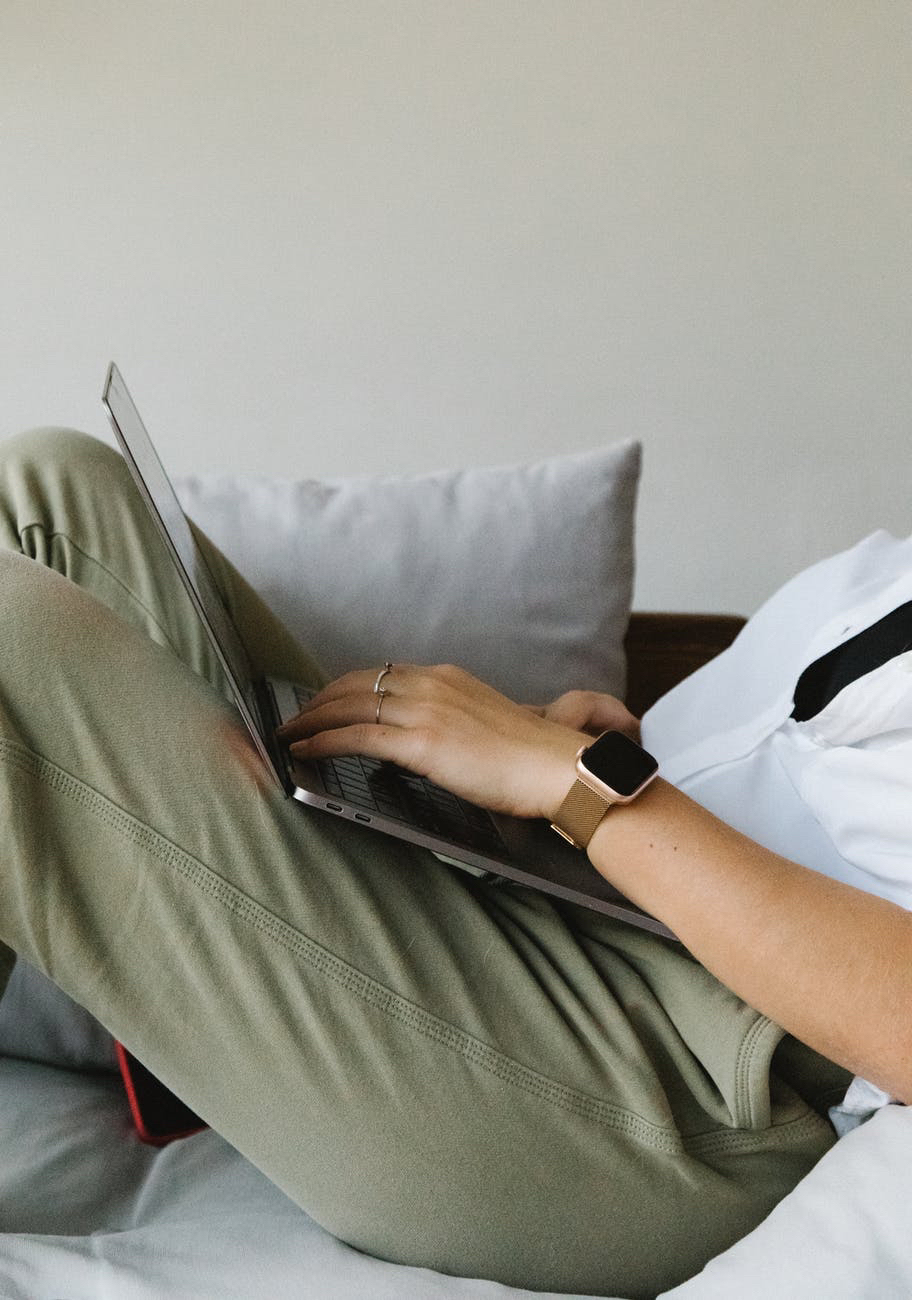Drs. Angela Smith and Kim Allen from North Carolina State University presented at the 2020 Lilly Conference on tips for self-care during the pandemic. They presented some of the challenges which distance students face including increased depression, anxiety, lack of attention due to prolonged screen time, hard to concentrate on learning, loneliness, lack of interaction with teachers and students… Smith mentioned that while we can’t stop the pandemic on demand, we can support students. They presented six guiding principles to a trauma-informed approach created by the CDC:
- Safety
- Trustworthiness and transparency
- Peer support
- Collaboration and mutuality to engage and build community
- Empowering with voice and choice
- Cultural, historical, and gender issues
Smith mentioned how these principles align with what we want learning spaces to be. Smith four things to do before the semester: a welcome letter for students with details about how we will create a safe learning environment, a check-in to learn about students and individual circumstances (what they are willing to share), check in on yourself! Smith shared a check-in that Jill Anderson from DELTA created that allows students to annotate on a slide during Zoom session. Smith urged instructors to think about timing of sessions and attendance. I also enjoy hearing that even during meetings we can take care of each other by pausing to take breaks. Other suggestions offered were sending a welcome note, setting a welcoming tone early, open Zoom meeting early for chatting, inviting students into a safe space using checkins and music. Smith had a slide with a photograph of a sign: “Self care isn’t selfish” and noting that Zoom fatigue is real. Smith presented a graphic with different types of self-care: physical, intellectual, professional, financial, spiritual, social, environmental, and emotional. Smith prompted viewers of the recorded session to think about an area in which you think you are doing ok and one area of improvement. Next, Smith asked: what will you do to improve your self care? An infographic helped provide ideas on how we can use our senses to improve our self care.
Dr. Allen then asked viewers to think about when and how do you learn best? I always don’t know how to answer this. It depends in what I’m trying to learn. Allen shared that “research shows that students do best when they collaborate, connect, and create social change (Pinder-Grover and Groscurth, 2011). This resonates with how I wish to design learning experiences. Allen explained how gay best practices are to stay student centered: in online teaching we should intentionally create a class community, teach as a coach, empower students to learn from each other and take leadership roles, all students take part in the learning process, and to be culturally responsive and applied. Allen asked if we use constructivist pedagogy? Then, Allen described constructivist pedagogy as when students come to the table with valuable experiences and learning is meaningful, active, engaging and social. I believe in this and want to learn how to improve how I teach to truly allow students to authentically participate and create. Allen paused to make sure to mention the importance of accessibility: being flexible, redundancy (repeated postings, recordings), closed captions, reflective and collaborative assignments, and purposeful community building. Allen demonstrated the use of captioning in Google Slides. I do love trying to create collaborative assignments and reflections! Allen then talked about the importance of engagement using chat functions, polls, constructivist activities, accessibility, teams… Allen talked about a course they teach and the use of non-disposable assignments. I am convinced that we should be creating courses with no throwaway assignments! Allen reflected on how three online students met and ended up becoming great friends. I also didn’t realize that distance students often do not qualify for mental health support since it is in campus! Allen presented data on factors that seem to be contributing to the challenges faced by distance students. They obtained DELTA funding to learn more about mental health and survey online resources to help all learners. The last phase of this study will be a report with recommendations based on the student needs. Allen and Smith work together and are a huge support for the students and faculty on our campus.



